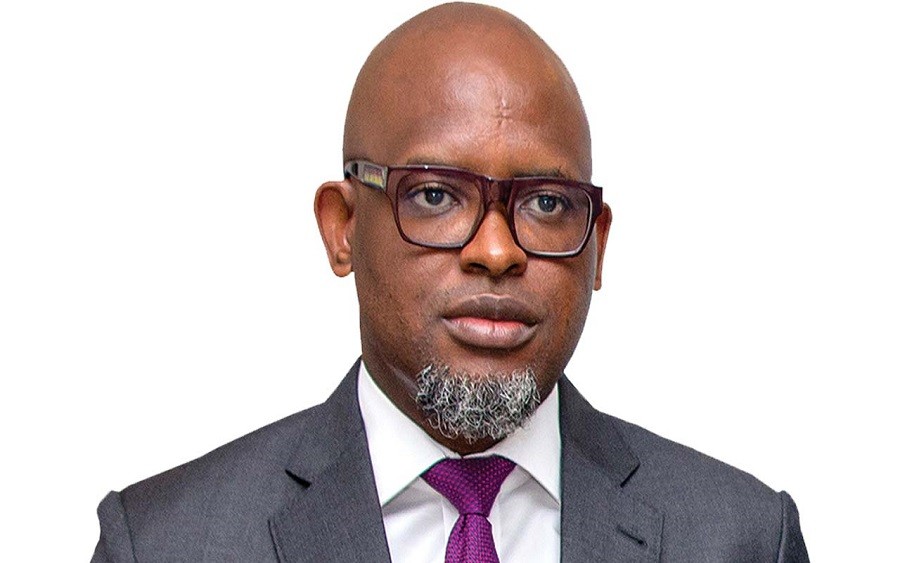Recently, reports filtered into the local media, stating fuel marketers under the aegis of Major Oil Marketers Association (MOMAN) and Independent Petroleum Marketers Association of Nigeria (IPMAN) have called on the Federal Government through the Petroleum Products Pricing Regulatory Agency (PPPRA) to raise their margins on petrol prices. We note that in Nigeria, pricing of petrol is fixed by the federal government through the PPPRA due to the subsidy regime it operates.
The last publicly available data on the pricing template of the PPPRA on petrol puts expected open market price at N171.76/litre although the CEO of MOMAN puts it at N182.00/litre. Out of this, retailers get only N6.00/litre while dealers get N2.36/litre.
 However, we note that the petrol supply chain is more complex than a dealer to retailer network with several middlemen facilitating the process before it gets to retailers. Thus, many retailers sell with margins as thin as N1.50/litre – N2.00/litre. The last review of marketers’ margins was done in 2016 when retailers’ margin was increased from N5 to N6 while dealers’ margin was increased from N1.96/litre to N2.36/litre.
However, we note that the petrol supply chain is more complex than a dealer to retailer network with several middlemen facilitating the process before it gets to retailers. Thus, many retailers sell with margins as thin as N1.50/litre – N2.00/litre. The last review of marketers’ margins was done in 2016 when retailers’ margin was increased from N5 to N6 while dealers’ margin was increased from N1.96/litre to N2.36/litre.
However, the impact of double-digit inflation and the rising cost of running fuel stations have forced many retailers out of business while others continue to absorb big losses. We note that market leaders like Mobil, Total etc have been operating their petrol sub-division at significant losses with cover coming from other sub-divisions (sale of lubricants and cooking gas etc.).
Mobil recently diversified into the hospitality industry. Last year, billionaire, Femi Otedola sold off his stake in Forte oil following years of value erosion. Similarly, several smaller players who rely on sale of just petrol given their lack of capacity to diversify into other products have had to pack up. The CEO of MOMAN, Clement Isong has since claimed the nation is gradually approaching the point of a breakdown in its fuel distribution network if nothing is done soon.
Furthermore, he stated that the increase in the rate of petrol truck accidents have been down to the worn-out state of most petrol tankers in the country. According to him, a petrol tanker with more than 15 years of life should not be carrying fuel but many trucks in the country are as old as 40 years making such accidents and dastardly explosions inevitable. Most petrol marketers are unable to invest in new trucks given many of them have seen their equity investments eroded.
From our viewpoint, margins for fuel marketers have been long due for a review given increased costs over time. The only option we believe available to the government is to increase subsidies given that it will be difficult to propose an increase in petrol prices in the face of expected increase in electricity tariffs and VAT. Increasing subsidy, however, will be a reluctant move for the government since it implies a dent to revenue.
NAIRAMETRICS
